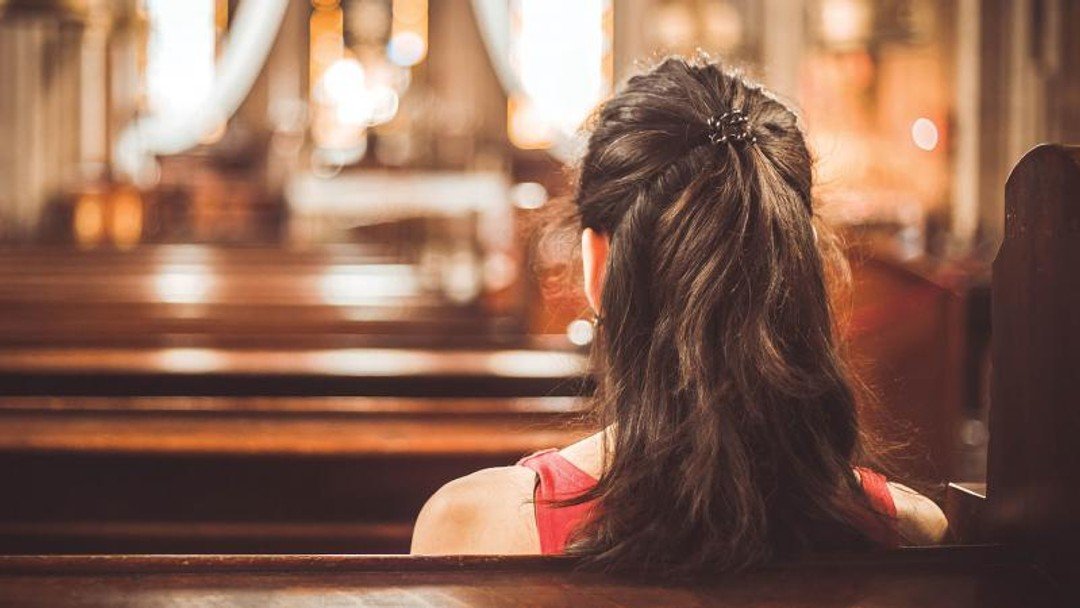Religion and the welfare of the child, part 2

By
A recent case demonstrates the difficult position of the courts where the gulf between the parents' communities is ‘too wide for the children to bridge', writes Hannah Greene
The case of J v B and The Children (Ultra-Orthodox Judaism: Transgender) [2017] EWFC 4 is the latest in a string of recently reported judgments which have highlighted the issues caused by parental separation and alienation within religious communities.
This case entered the public consciousness as it deals with a scenario believed to be the first of its kind. In J v B the mother and father of five children separated when the father left the Charedi community to live as a transgender person. Mr Justice Peter Jackson ruled that there will be no direct contact of any kind between 'the father' and her children, who remain within the Charedi sect. This is a marked move away from the usual child arrangements cases where there is a presumption that it is in child's best interests to have a continuing relationship with both parents.Jackson J pointed out that both parents in J v B belonged to minority groups within the population, both of which have the protection of anti-discrimination laws. Unfortunately, Jackson J was hard pressed to find a balance between the Charedi community and the transgender community, given that the former will not acknowledge the existence of the latter.In his ruling, Jackson J limited contact by the father with the children to letters four times a year to mark the Jewish holidays of Passover, Sukkot, and Hanukkah and the children's birthdays.By contrast, in F v M (SJ 161/1), where a father had left the Orthodox Satmar sect, Judge Rowe did not accept that the father's ongoing contact with the children '“ which involved the children spending time with the father outside the sect and the father not committing to giving the children the full Satmar experience when they were with him '“ would be prejudicial to the children. Judge Rowe did, however, recommend a focus on introducing outside ideas to the children in a 'slow and sensitive manner'.However, as transgenderism is so beyond the Charedi experience, it is very difficult to imagine what would be considered as a 'sensitive manner' in this particular case.Jackson J makes reference to a meeting held within the Charedi community in April 2016, described as a 'Team around the children meeting'. This was attended by the head teachers of the three schools the parties' children attended, one of the children's counsellors, and the mother's brother and sister. The minutes of this meeting explain the specific issues considered, including: